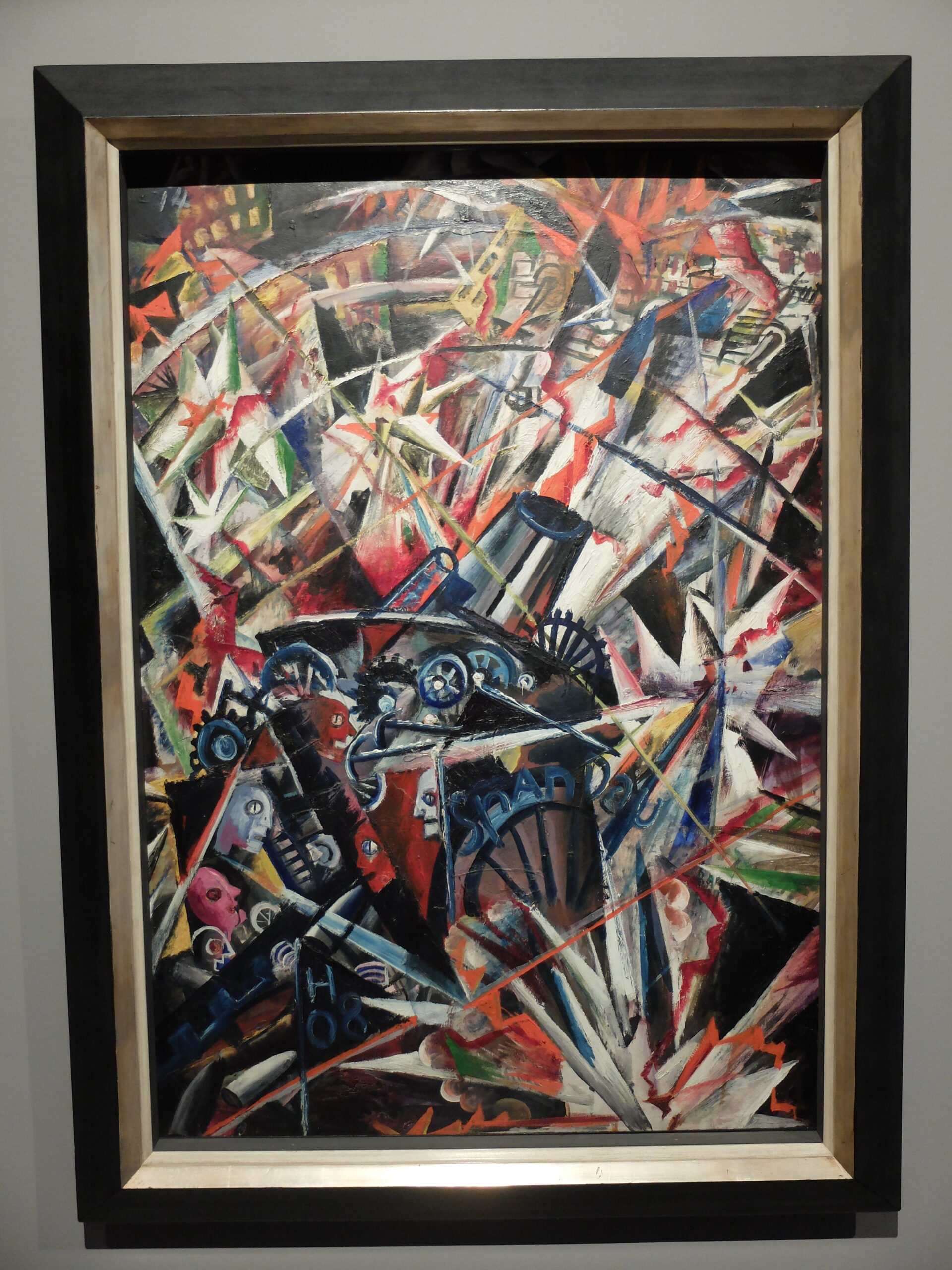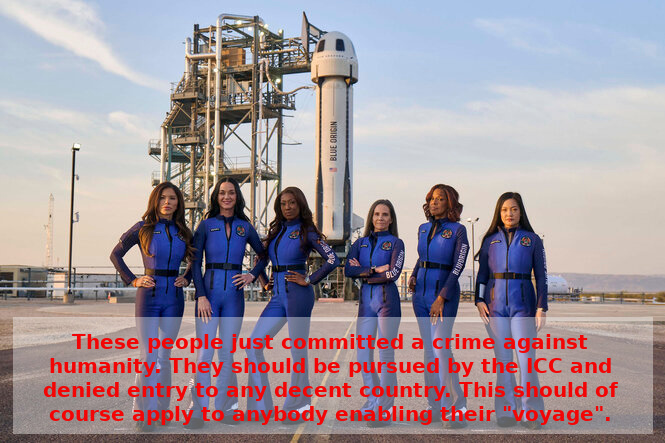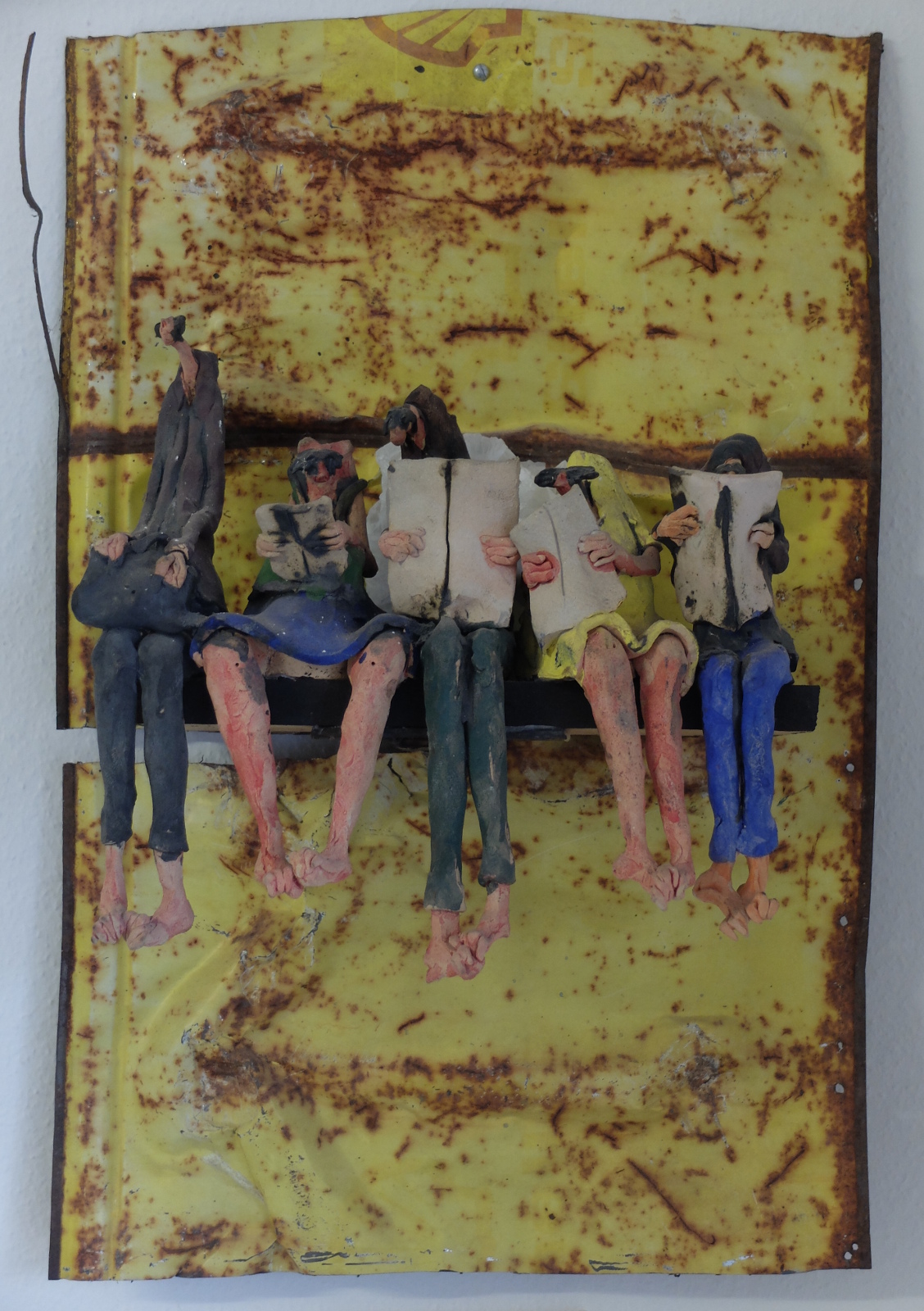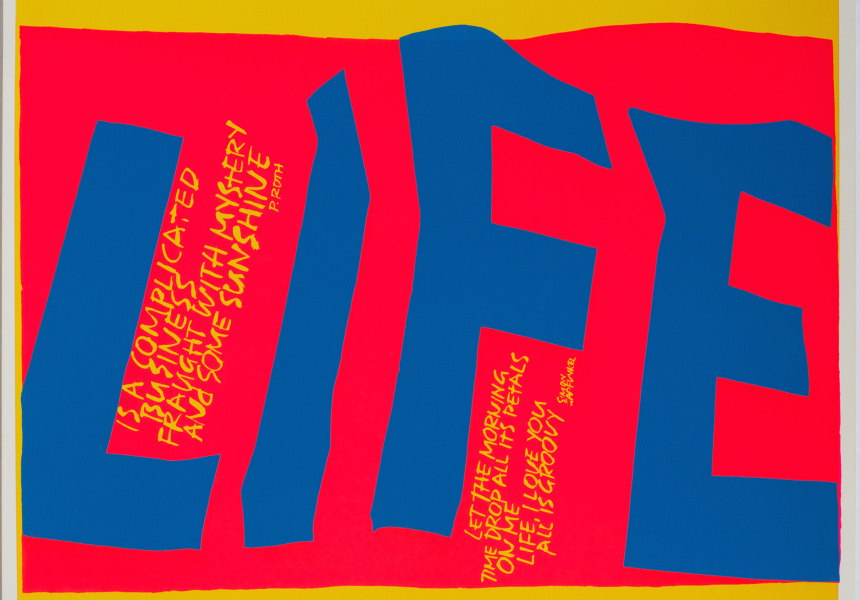
“Ich bewundere die Selbstsicherheit all jener, die sich von zu Hause aus mit Meinungsbeiträgen zu Strategien der Kriegsführung einmischen, obwohl sie hauptberuflich Krankenschwester, Lehrerin, Augenarzt, Regisseurin oder Tankwart sind. … Man kann sich in Umwelttechnik einlesen, man kann Sozialpolitik pauken oder die Rentenformel auswendig lernen und kommentieren. Aber einen Krieg lesen, erklären und seinen Ausgang vorhersagen, von zu Hause aus, abends nach Feierabend, das finde sogar ich, die ich von Geburt an Expertin für einfach alles bin, ziemlich haarsträubend.
Es gibt einen einzigen Krieg auf der Welt, in dem ich mich herkunftsbedingt gut auskenne. Diesen Krieg zu begreifen habe ich Jahrzehnte gebraucht. In der Mitte meines Lebens hat sich meine Meinung grundlegend geändert. … Im Wesentlichen aber bedeutet es immer noch, ich habe wenig Ahnung und gar keine Meinung. …
Jedes Land, jeder Konflikt haben eine andere Geschichte. Aber eines bleibt doch immer gleich. Man darf in einem Autokraten und Faschisten niemals hoffen, eines Tages einen Demokraten und Menschenfreund zu entdecken. Auf die Kriegslust eines Kriegsherrn werden niemals Skrupel, Einsicht oder Angst folgen. …
Vom Sofa aus, mit festem Wohnsitz und der Gewissheit, am nächsten Tag unversehrt im eigenen Bett aufzuwachen … kämpft und fordert es sich zweifelsfrei selbstbewusst. Wer die echte Unübersichtlichkeit einer Kampfhandlung kennt, wird anders abwägen. …
Dokumentation scheint mir die beste Methode zu sein, um sich als Schriftsteller nützlich zu machen. Dokumentation ist es auch, die Kriegsverbrecher später vor Gericht auf rechtsstaatliche Art zu Verbrechern erklären wird. Wir können als Autoren das Leid festhalten, den Vertriebenen zuhören und, wo es nötig ist und sie es nicht können, ihre Geschichten aufschreiben. Vielleicht ist das der einzige Punkt, der mich an den offenen Briefen der Künstler störte. Dass sie weit unter dem künstlerischen, schriftstellerischen oder anderweitig handwerklichen Können ihrer Unterzeichner standen.
Ich hoffe auf die Vernunft derjenigen, die die Macht haben, Entscheidungen zu treffen, dass sie die Klugheit besitzen, sich von denjenigen beraten zu lassen, die Zweifel als Stärke begreifen. …”
aus: Mely Kiyak: Russland-Ukraine-Krieg Keine Ahnung, keine Meinung, Kiyaks Theater-Kolumne, Im Internet.
Abb.: Otto Dix: Krieg, 1914 [bevor er selber eingezogen wurde…], Kunstpalast Düsseldorf.
08/23




